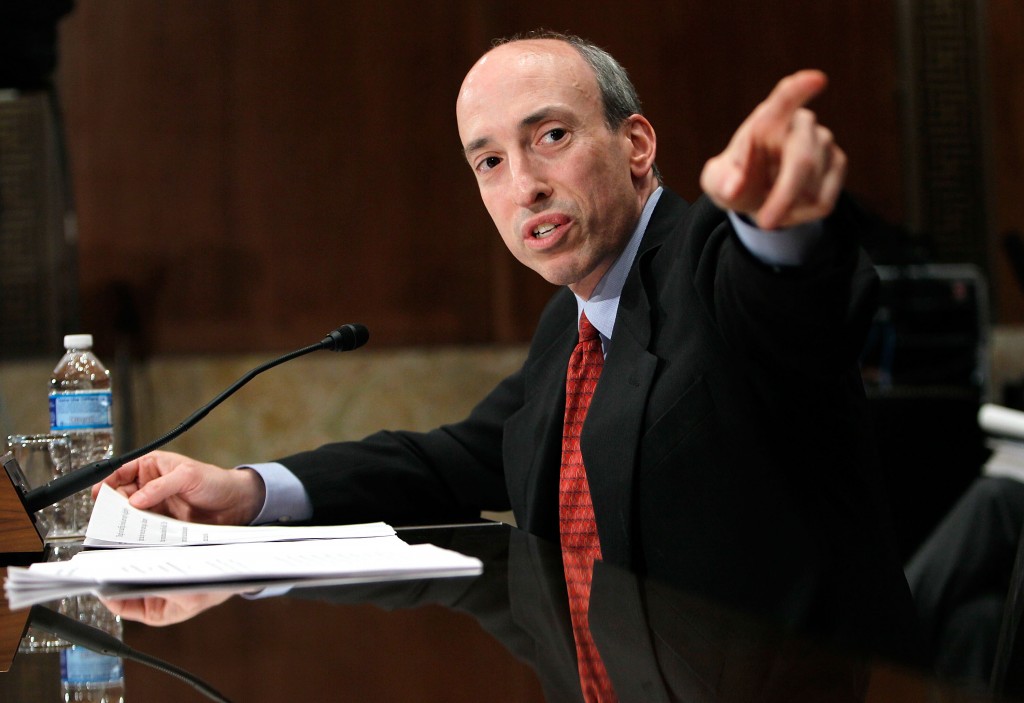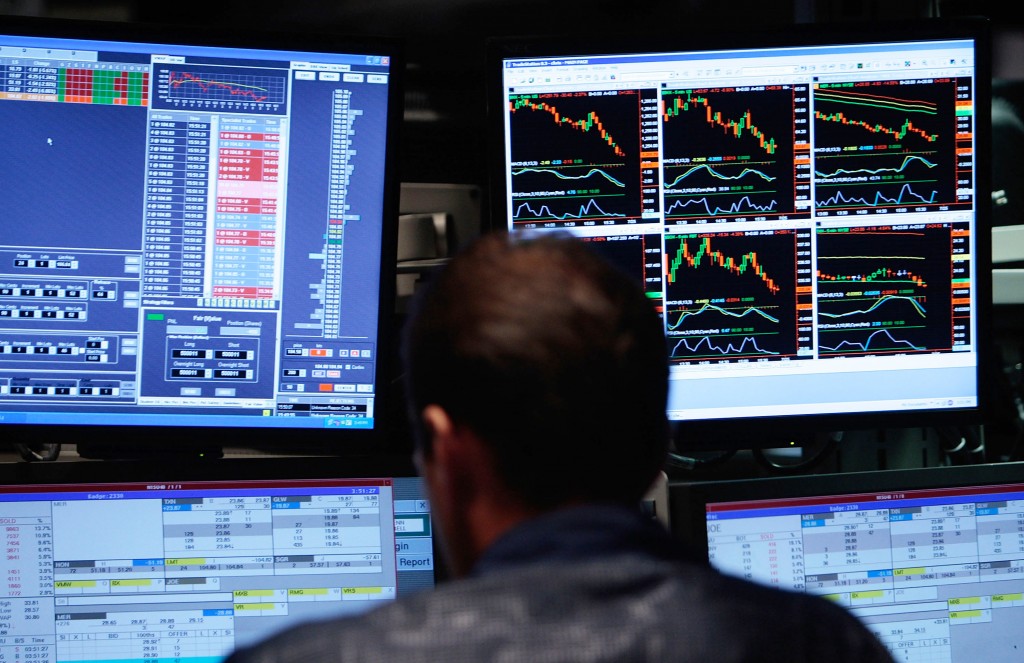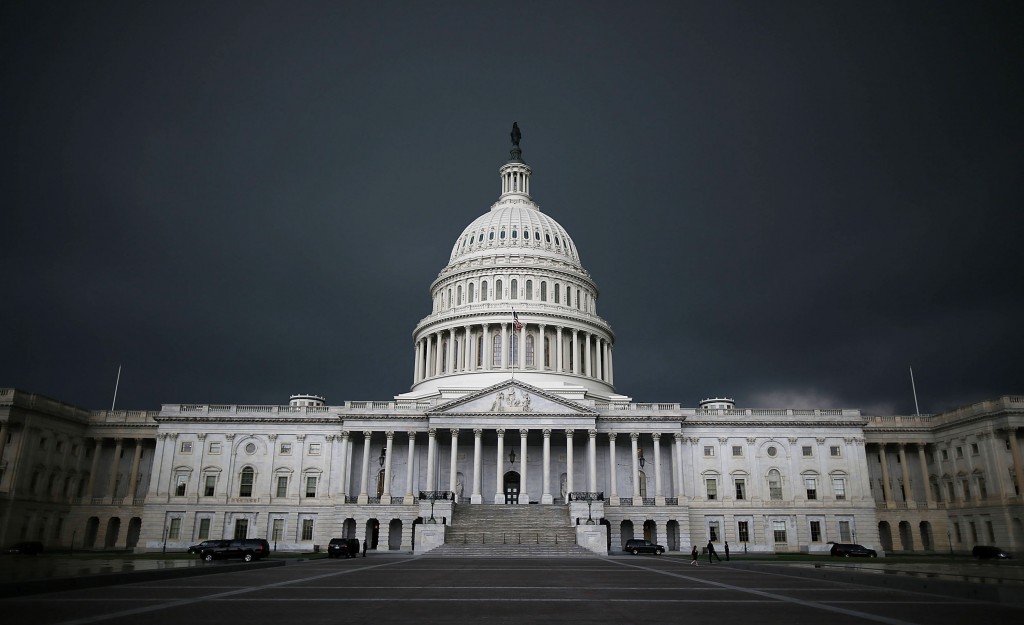The recent memoranda of understanding (“MOUs”) entered between the Federal Energy Regulatory Commission (“FERC”) and the Commodity Futures Trading Commission (”CFTC”) made significant progress towards alleviating the long-time tension between the two agencies. On January 2, 2014, the FERC and the CFTC signed two MOUs on jurisdiction (“Jurisdiction MOU”) and information sharing (“Information Sharing MOU”)… Keep reading →
Dodd Frank
FERC, CFTC Agreement Finally Inked
By Daniel A. Mullen, Michael A. Yuffee, J. Peter RipleySign up and get Breaking Energy news in your inbox.
We will never sell or share your information without your consent. See our privacy policy.The decade long reformation of energy trading now looks to be only the opening act of a transformation that Dodd Frank regulation and a newly aggressive – and costly – approach by federal regulators is set to propel into its next stage. Deregulation of energy markets, only partially finished by federal regulators before the collapse… Keep reading →
The House passed a bill yesterday approving an offshore energy development agreement on the maritime border between the US and Mexico. But some Democrats opposed the bill, which waives the Dodd-Frank requirement that requires companies to disclose payments made to foreign governments. Nothing strange in that at all. [The Hill] Sources say that President Obama… Keep reading →

If you trade an energy product over the counter rather than on an exchange, you probably need to get yourself a CICI number by Wednesday (April 10). That’s the deadline the Commodity Futures Trading Commission has set up for firms that haven’t been exempted from reporting information on their “swaps” activity to the government as part of the lengthy and complex implementation of the Dodd Frank financial sector reform.
Because the government just loves a good acronym, CICI stands for “CTFC Interim Compliant Identifier” that results in an “LEI” or a “legal entity identifier” for the purposed of reporting details of energy swaps trade and counterparties. The CFTC, concerned that some would miss the deadline, issued an advisory with much more information here. Keep reading →

The Commodity Futures Trading Commission has come under fire for the nuanced lists of exemptions it has offered to various firms and groups as it implements some portions of Dodd Frank legislation that require greater transparency and tighter limits on hedging and trading of the derivatives it oversees.
Included in this group have been certain “natural” players perceived as having an inherent physical position in a relevant commodity and therefore less likely to game the market without regard for fundamental supply and demand or to hold dangerously large positions. Also included as of this week are public power companies and cooperative utilities, which have been exempted from all but the anti-fraud, anti-manipulation and record inspection provisions of the Commodity Exchange Act when it comes to energy transactions. Keep reading →
 What trading technology used to look like at the Hong Kong Stock Exchange in 1986.
What trading technology used to look like at the Hong Kong Stock Exchange in 1986.
Energy trading has long been divided between the headline prices everyone can see on the news and the much longer list of prices that exist in the traditionally more freewheeling over the counter markets. Keep reading →

Will financial system regulatory reforms make energy price hedging costly – or impossible?
That was the question experts grappled with – and disagreed over – at the National Association of Regulatory Utility Commissioners (NARUC) meeting in Washington, DC this week. Keep reading →
The @CFTC’s #DoddFrank final rule on real-time reporting was published in the @FedRegister today: http://t.co/7g5HToFI
By Peter GardettThe CFTC’s #DoddFrank final rule on real-time reporting was published in the FedRegister today: http://t.co/7g5HToFI CFTC
The two #DoddFrank final rules approved by the @CFTC yesterday are available on our website: http://t.co/yR3o1GMc
By Peter GardettThe two #DoddFrank final rules approved by the @CFTC yesterday are available on our website: http://t.co/yR3o1GMc CFTC



